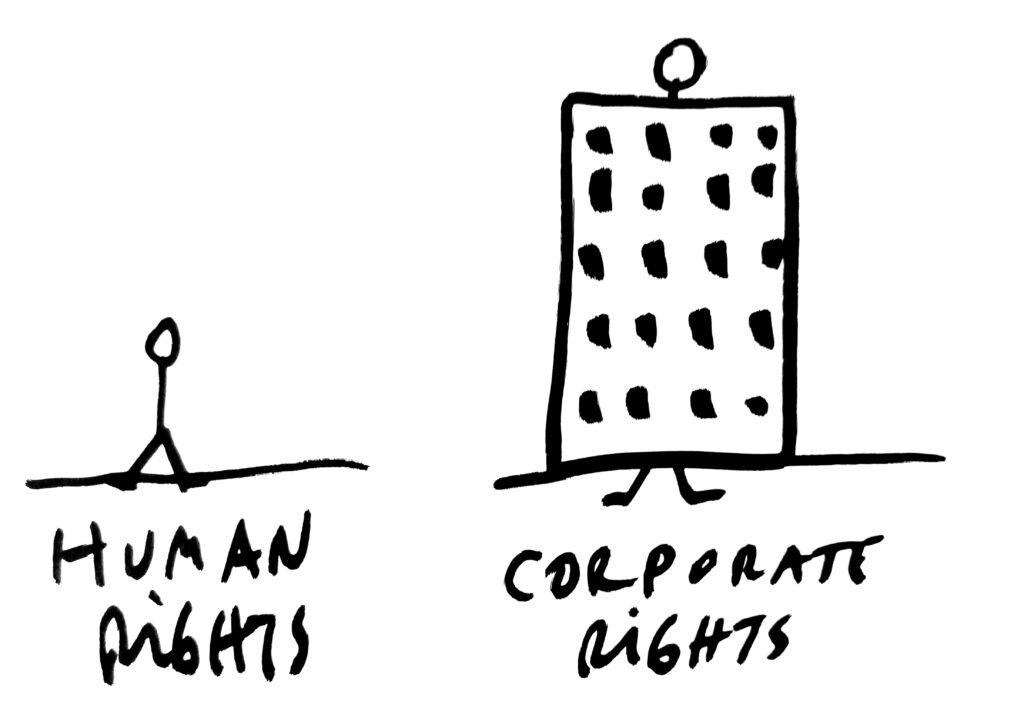
About
This five-year ERC Consolidator Grant project explores the transnational mobilisations and counter- mobilisations for holding multinational corporations and their representatives accountable for complicity in gross human rights violations during dictatorships and violent conflicts since the 1970s. Focusing on a variety of cases studies and networks that connect Africa, Asia, Europe, Latina America, and North America, we aim to deliver a critical and comprehensive analysis of both advocacy movements (including NGOs, trade unions, grassroots and indigenous communities and academic groups), and business groups involved in transnational accountability campaigns.
We examine how different political, professional and regional agendas of activism, as well as different visions of human rights, economic globalisation, development, and democratisation shape diverse approaches and strategies of corporate accountability. The project focuses particularly on four types of transnational campaigns that spread across the Global South and the Global North and on the resulting responses from states, international organisations, and business groups: a) advocacy for criminalising corporate misconduct in international/regional treaties; b) civil and criminal litigations; c) legislative initiatives for prohibiting trade with and investment in dictatorial settings; and d) boycotts.
Through its global geographical scope, the diversity of pro- accountability actors and business groups involved, and the plurality of repertoires and arenas of transnational activism, the project examines both the convergence of an international anti-impunity ethos and the fragmentation of ideas about corporate accountability across the world. The project will thus provide an extensive analysis of the corporate accountability field at a global level and advance knowledge on how and why accountability strategies succeed or fail.
